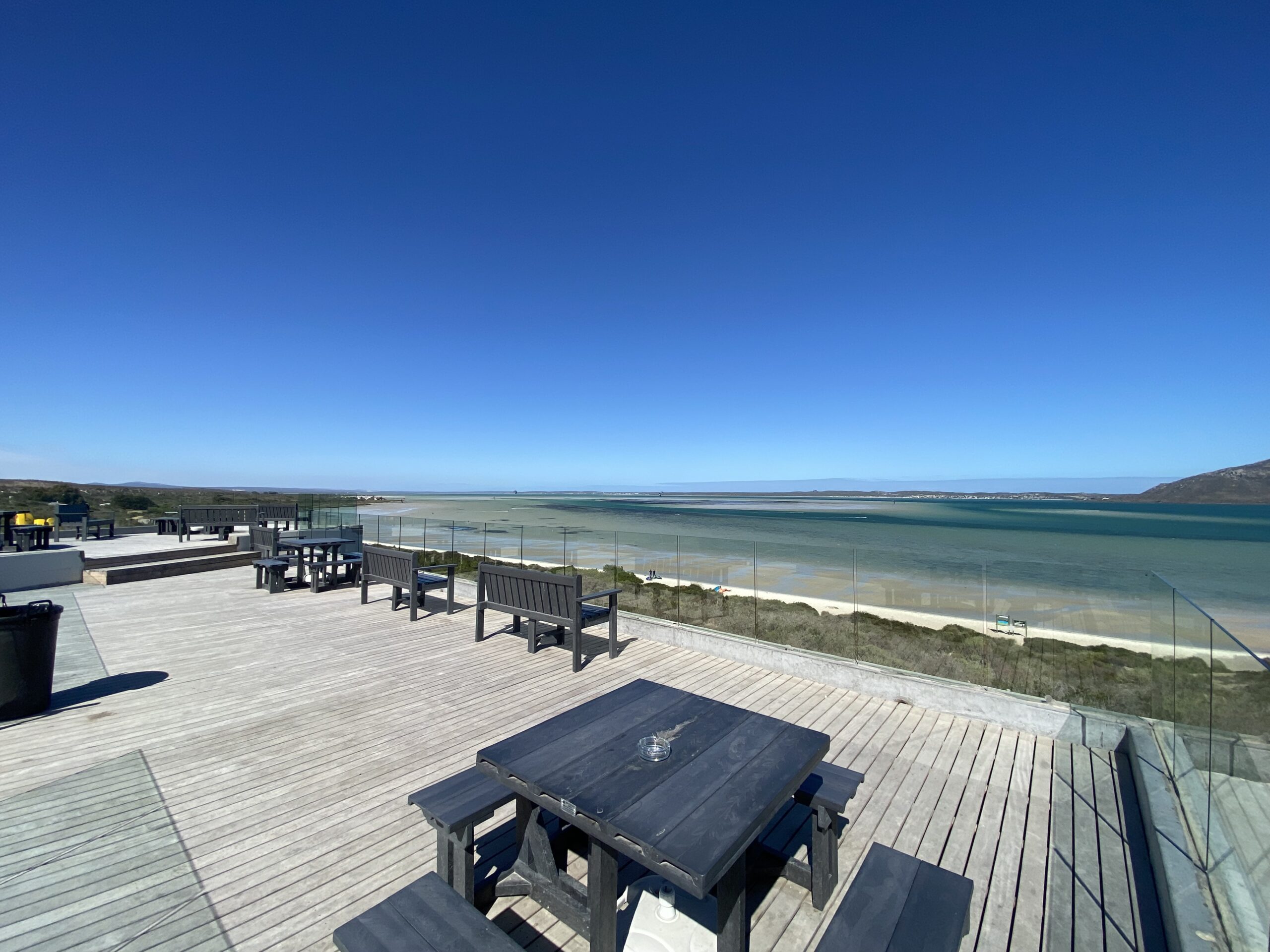How is work-from-home driving semigration in the Western Cape
18 November, 2024

How Remote Work and Semigration Are Reshaping the Western Cape Property Market
With commuting and the rising cost of living in major metropolitan cities becoming more challenging, the global trend toward remote work has continued to gain momentum. Companies have long sought ways to ease long commutes for employees, enabling them to spend more time with their families. Covid-19 accelerated this shift dramatically, and today, thanks to advancements in technology, both employees and employers recognise that working from home is no longer an exception but a viable norm.
This change has had a profound impact on the residential property market, with many individuals choosing “semigration” to leave traditional office-bound city lifestyles in favor of a better quality of life in smaller towns. The Western Cape’s coastal and country towns, in particular, have become prime destinations for those seeking a balance of work and leisure.
Why the Western Cape?
Several factors have made this transition increasingly attractive and sustainable:
- Remote work viability: The pandemic cemented the reality that many professions can operate effectively from home. This cultural shift remains a driving force behind lifestyle-driven moves.
- Connectivity as an enabler: Fibre internet and improved digital infrastructure in towns such as Langebaan, Hermanus, Knysna, Yzerfontein, and Swellendam now make remote work practical and reliable.
- Interest rates and affordability: While historically low rates during the pandemic opened doors for many first-time buyers, the current environment is defined more by competitive demand and limited stock. Many homeowners are choosing to hold onto properties as rentals, creating strong investment potential in these sought-after areas.
- Changing use of holiday homes: The pandemic initially brought more holiday properties onto the market, but today demand has absorbed much of that stock. Many of these homes have been transformed into permanent residences, and others are held as short-term rentals, offering owners both lifestyle and income potential.
Lifestyle Towns on the Rise
The Western Cape’s coastal and country towns are experiencing a wave of revitalisation as younger families and professionals join established communities. Once seen mainly as retirement destinations, towns like Hermanus, Knysna, Langebaan, and Paternoster are now attracting residents in their 30s and 40s, reshaping the demographic profile.
Record Sales in Langebaan
According to Lightstone data, the property market in Langebaan recorded over R1.3 billion in transactions in the 12 months ending September 2024. This remarkable figure was achieved through a mix of volume sales and high-value transactions, with luxury homes in the R5 million to R8 million range significantly boosting totals. Demand is being fuelled by lifestyle buyers, semigrants, and investors seeking both primary residences and profitable short-term rentals.
Property Value Growth Across Coastal Towns
Several West Coast towns have experienced exceptional growth in home values over the past decade. Below are some of the standout performers:
Town / Avg. Price: 2014 / 2024 / Growth %
Yzerfontein R1.25m / R3.1m +196%
Elands Bay R400k / R1.25m +213%
St Helena Bay R630k / R1.3m +107%
Paternoster R1.5m / R3.1m +106%
Langebaan R1.7m / R3.0m +76%
Scarborough R2.2m (2016) / R7.5m (2025) +241%
Kalk Bay R4.9m (2020) / R9.0m (2025) +84%
Sources: Lightstone, Seeff Property Group, BusinessTech, IOL, Daily Investor, Property Review
Building Vibrant, Sustainable Communities
The semigration wave is more than just a property trend, it’s revitalising small and coastal towns across the Western Cape. With younger families moving in, schools, services, and local businesses are benefiting, creating sustainable growth and diverse communities.
The Western Cape now stands as a prime example of how flexible work and lifestyle aspirations are driving a new era of property investment. For buyers and investors alike, this is an exciting opportunity to be part of communities that offer both a slower pace of life and the ability to remain connected to the world.
